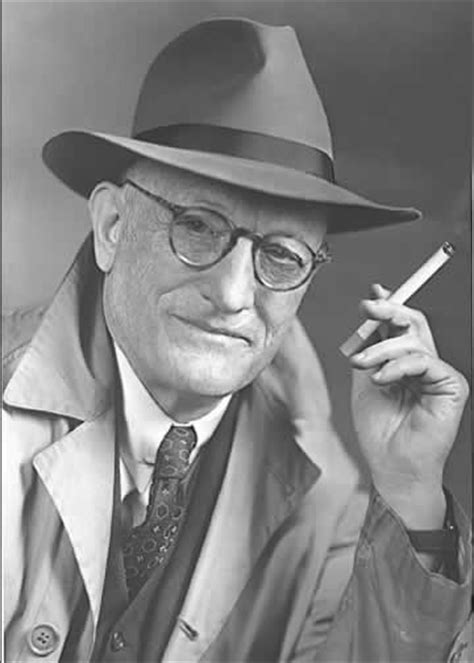A Quote by Brenda Shoshanna
Unless we base our sense of identity upon the truth of who we are, it is impossible to attain true happiness.
Related Quotes
Therefore, philosophy does not give sense in mind happiness. It keeps in mind the only truth. However, it is very possible that the truth may be painful, may be distressing, may be destructive of happiness or makes it impossible. Religion, unlike philosophy, is under the category of the useful one. It promises happiness and says what it is necessary to do and what it is necessary to be to deserve or to obtain it. Consequently, illusion is more important than truth if it gets happiness.
The sense of unhappiness is so much easier to convey than that of happiness. In misery we seem aware of our own existence, even though it may be in the form of a monstrous egotism: this pain of mine is individual, this nerve that winces belongs to me and to no other. But happiness annihilates us: we lose our identity.
You cannot attain and maintain physical condition unless you are morally and mentally conditioned. And it is impossible to be in moral condition unless you are spiritually conditioned. I always told my players that our team condition depended on two factors / how hard they worked on the floor during practice and how well they behaved between practices.
To limit yourself to a label of "alcoholic" is masochistic and false if you have awakened a deeper spiritual identity within and have come to know your true self as unconditioned pure awareness. This doesn't mean that recovering alcoholics don't have to be concerned with relapsing, they must always remain vigilant. The power of addiction should not be underestimated. This exercise in vigilance can become a spiritual tool of liberation as well. Always being aware of choosing between real happiness and false happiness is also the discrimination required to attain enlightenment.
I think that most of us, anyway, read these stories that we know are not "true" because we're hungry for another kind of truth: the mythic truth about human nature in general, the particular truth about those life-communities that define our own identity, and the most specific truth of all: our own self-story. Fiction, because it is not about someone who lived in the real world, always has the possibility of being about oneself. --From the Introduction
From the viewpoint of absolute truth, what we feel and experience in our ordinary daily life is all delusion. Of all the various delusions, the sense of discrimination between oneself and others is the worst form, as it creates nothing but unpleasantness for both sides. If we can realize and meditate on ultimate truth, it will cleanse our impurities of mind and thus eradicate the sense of discrimination. This will help to create true love for one another. The search for ultimate truth is, therefore, vitally important.
The identity of just one thing, the "clash of civilization" view that you're a Muslim or a Hindu or a Buddhist or a Christian, I think that's such a limited way of seeing humanity, and schools have the opportunity to bring out the fact that we have hundreds of identities. We have our national identity. We have our cultural identity, linguistic identity, religious identity. Yes, cultural identity, professional identity, all kinds of ways.



































